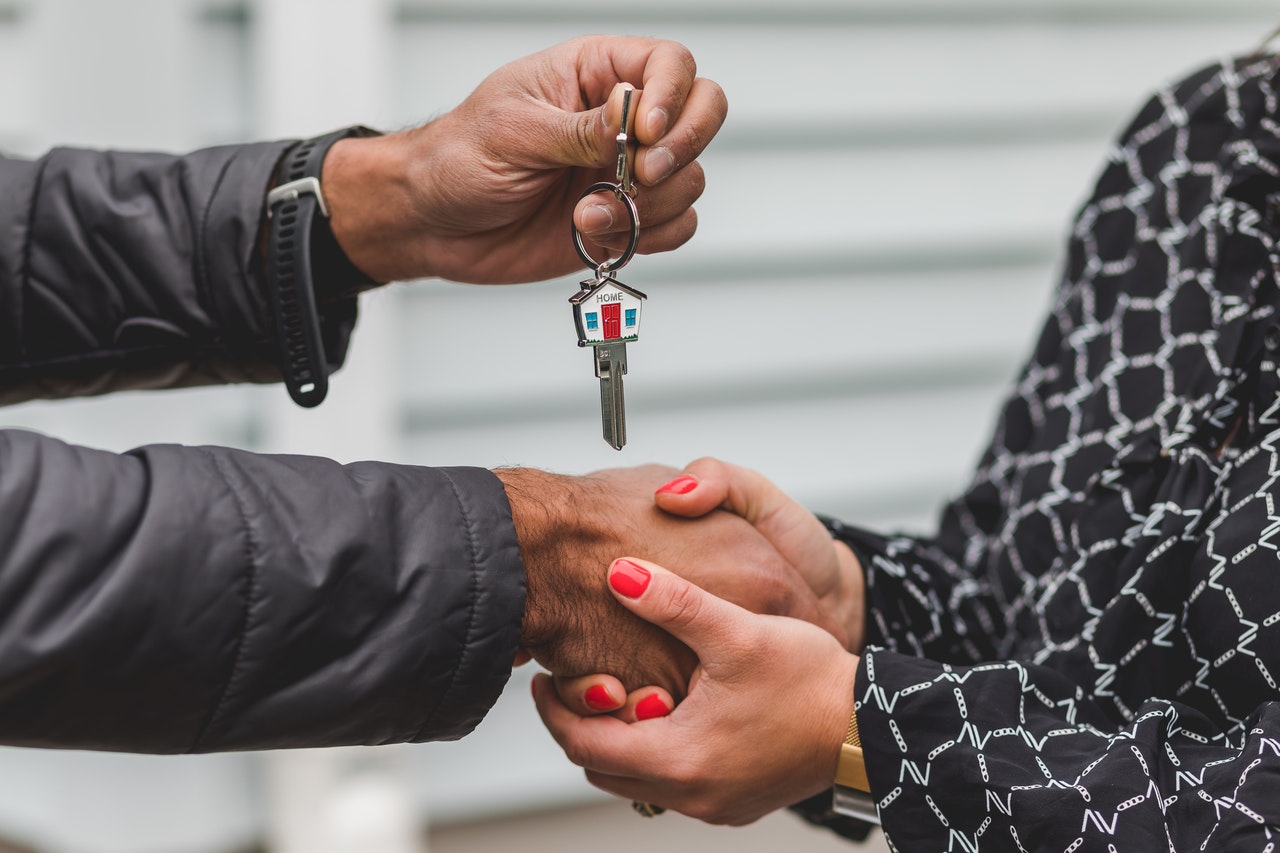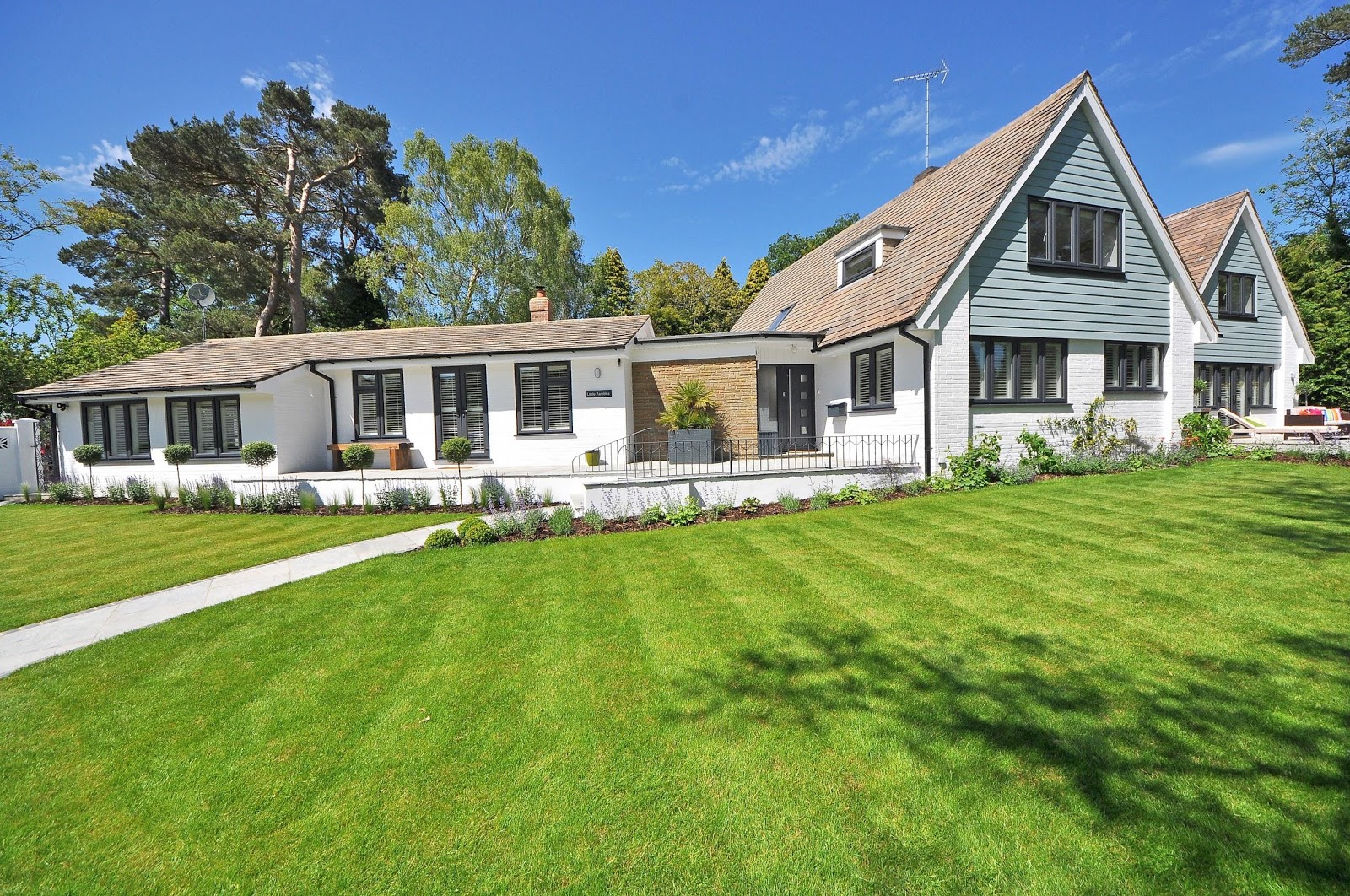Can you buy a house with bad credit? Yes!
Every day first-time homebuyers with bad credit scores get approved for a home loan. While a lower score will affect your down payment amount, mortgage rate, fees, etc., it doesn’t mean you can’t buy a house.
The other good news is that even a small increase in your credit score can greatly improve those factors.
We can help with Credit Optimization which is the first step to improving your FICO score to 580+ to qualify for a first-time homebuyer or repeat buyer program.
We’ll discuss different options for buying a house with bad credit and some tips to improve your credit score.
The Mortgage Credit Score

What’s your mortgage credit score?
Did you know that the scoring system used by mortgage lenders is different from credit card companies? These scores range from 300-850, using algorithms that are specific to the mortgage industry.
The best thing to do is work with a lender to get preapproved before searching for a home—even if you’re not positive you want to buy yet.
Use time to your advantage—get preapproved and look into your mortgage credit score. No matter what that score is, it will help you set a clear plan moving forward.
Four Ways You Can Buy A House With Bad Credit
You can still buy a home (and even get great rates!) with poor credit. Some first-time buyers can also get government subsidies.
There are five standard mortgage options for homebuyers with bad credit—let’s explore each one.
- FHA Loans
FHA loans have been for decades and are often called the original “bad credit” home loan. These loans require a minimum score of 500; however, applicants with credit scores over 580 can reduce their down payment requirement to 3.5%.
The FHA even has provisions for first-time buyers that have no credit score at all.
- VA Loans
If you’re a veteran or currently serving in the US military, VA loans can be an excellent option to get a mortgage with no down payment and poor credit. However, the minimum credit score required is slightly higher than FHA loans—you’ll need at least 580 to qualify for a VA loan.
Related: How to Get a VA Loan
- Conventional Loans
Conventional loans refer to any loan that the FHFA (a government mortgage agency) backs. It’s the largest agency of its kind and backs a majority of mortgages in the country—the odds are that yours will be FHFA-backed, too.
Conventional loans typically require first-time buyers to have a credit score of 620 and make a downpayment of 3%.
- USDA Loans
USDA loans—subsidized by the Department of Agriculture—are mortgage loans without down payments for people looking to buy in low-density suburbs and rural areas.
Like conventional loans, buyers will need a credit score of at least 620 to qualify.
Five Ways To Improve Your Credit Score Before You Buy

While you can buy a house with bad credit, one of the best things you can do before buying is work to improve your credit score.
Credit scores fluctuate constantly, and even small changes can make massive differences. Whether you plan to buy a home in weeks, months, or years, there’s plenty of time to make some changes.
Let’s explore five simple ways you can improve your credit score and save money on your future mortgage.
- Check Your Credit Report
If this will be the first time you apply for a mortgage, you’ve likely never seen your score before—they can often contain errors.
You can either preview your report with organizations that offer free credit checks, or you can get your report when applying for preapproval with a lender.
Want to get preapproved today and see what your mortgage credit score looks like? We’re the Loan Brothers, and we’ve got you covered. Get started here.
Errors are especially common for renters who move frequently, people with student loans, and anyone who has changed their legal name. These errors can significantly impact your credit score.
- Pay Every Bill On Time
One of the best ways to start improving your credit score is to make your payments on time to every creditor. You can see improvements in your score as early as 30 days.
When money is tight and you can’t afford to pay your full bills each month, ensure that you still make the minimum payment. Minimum payments count as on time for your credit score; however, missed payments will have a significant negative effect.
- Increase Your Credit Limit
A large piece of your credit score relates to how much credit is in your name—generally, having a lot of it is good, even though it may seem counterintuitive.
Lenders look for large amounts of credit because, since life is unpredictable, they want to know you can stay afloat when things go sideways so you can continue paying your mortgage.
Use this to your advantage—call the companies that your credit cards are through and ask them to increase your credit limit (it doesn’t mean you have to use it!).
- Keep Your Accounts Open
We talked about adding to your limits to raise your score—taking credit away can move it in the opposite direction.
Don’t close your old credit cards (for now, at least); leave them open. They are part of your credit score, and right now, every point helps.
- Avoid New Cards & New Debts
It’s not always possible; however, you should do your best with the credit you currently have—try not to open new cards, apply for new loans, or sign for new personal credit lines while trying to get a mortgage.
Each of these can effectively lower your overall score over the next few months.
Related: Signs You’re Ready to Buy
Buying A House With Bad Credit Starts With Getting Preapproved

When buying a house, don’t think about “good” and “bad” credit—qualifying credit is the most important.
For example, some people with almost perfect credit scores can’t get approved for a home loan, while others with low scores can get approved and move into their homes in a few weeks.
The first step is getting preapproved online so you can start formulating your home-buying plan. Remember, it’s never too early to start, but it can be too late if you wait.
Ready to take the plunge? Get pre-approved today, and we’ll help you get the keys to your new home in as little as 18 days!









